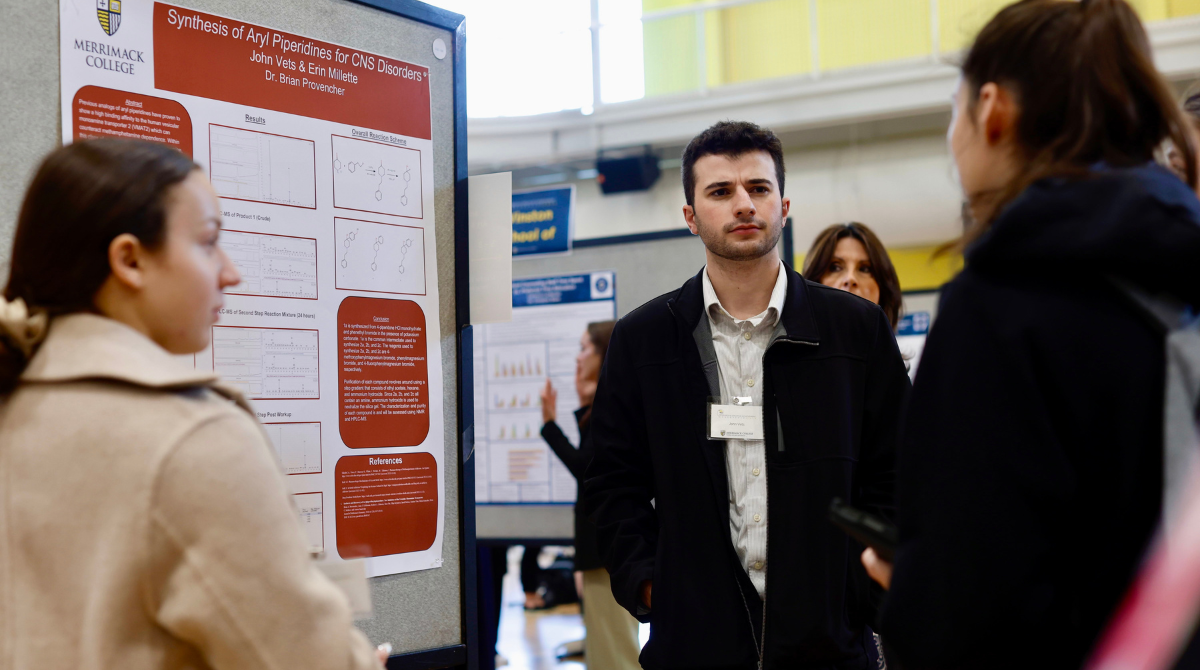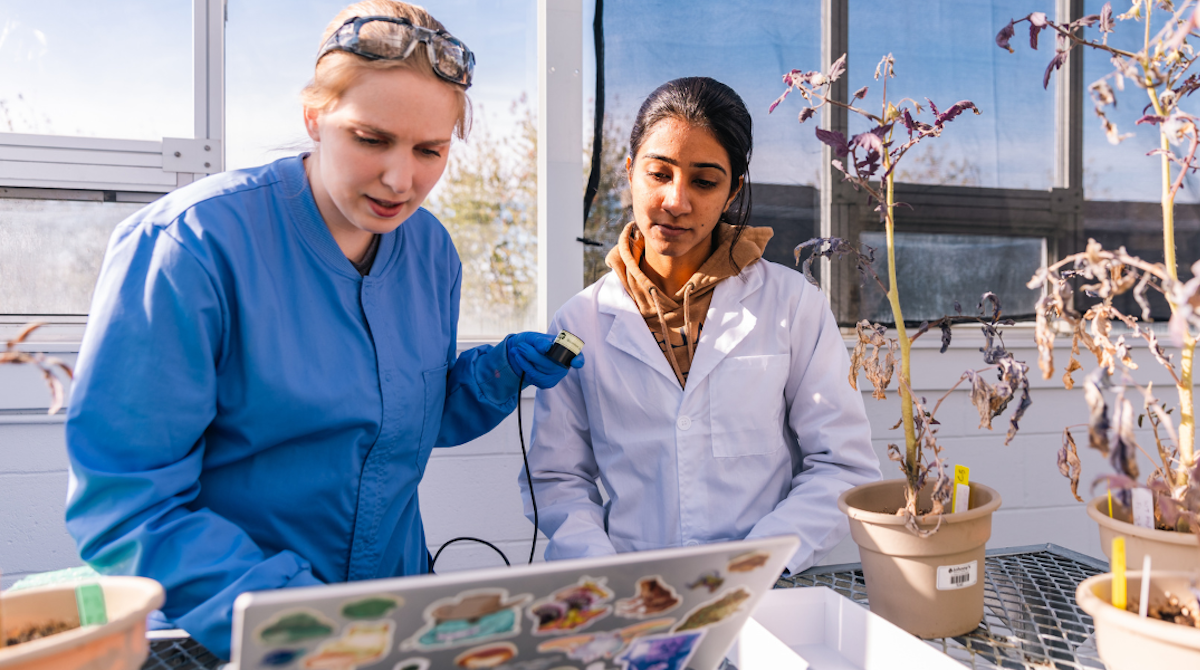As a leading researcher in pediatric nutrition and school-based interventions, Professor Juliana Cohen, Sc.D., has Google Alerts set for whenever anything related to school nutrition is published. One such alert about school lunches in Alaska caught her attention.
The Anchorage School District sought to implement a new policy to extend lunchtime at elementary schools by 10 minutes in the hopes of increasing student wellness and decreasing food waste concerns raised by parents.
“I saw a local news story about it and was so interested I reached out to the wellness coordinator there,” explained Cohen. “And it just so happened they were looking for an independent evaluator to help facilitate the rollout of the policy. It has truly been one of the best partnerships I have ever had.”
Very quickly, school administrators and parents saw positive results from extended lunch, including a reduction in food waste, decreased hunger-related visits to school nurses and better sleep at home.
“One of the lowest hanging fruits in improving child nutrition is ensuring kids have enough time to eat,” Cohen added. “And it costs nothing.”
A pilot study resulted in a National Institutes of Health R01 grant to continue the research. Using the grant money, Cohen and the school district not only increased the number of Anchorage schools participating in the study, but this past January, she traveled to Alaska to present preliminary results to the district to help inform their decision to implement the extended lunch policy citywide.
“Through our wellness partnership with Merrimack College and the Harvard T.H. Chan School of Public Health, the Anchorage School District has a better understanding of how nutrition and physical activity impact student barriers and successes in the classroom,” said Jharrett Bryantt, Ed.D., Anchorage School District superintendent. “We now have evidence that shows allowing more time for physical activity and increasing the amount of time students have to eat can lead to calmer students with improved focus in the classroom and fewer behavior issues. The evaluation of the partnership will help us develop best practices and inform policy to affect the lifelong wellness of our students.”





